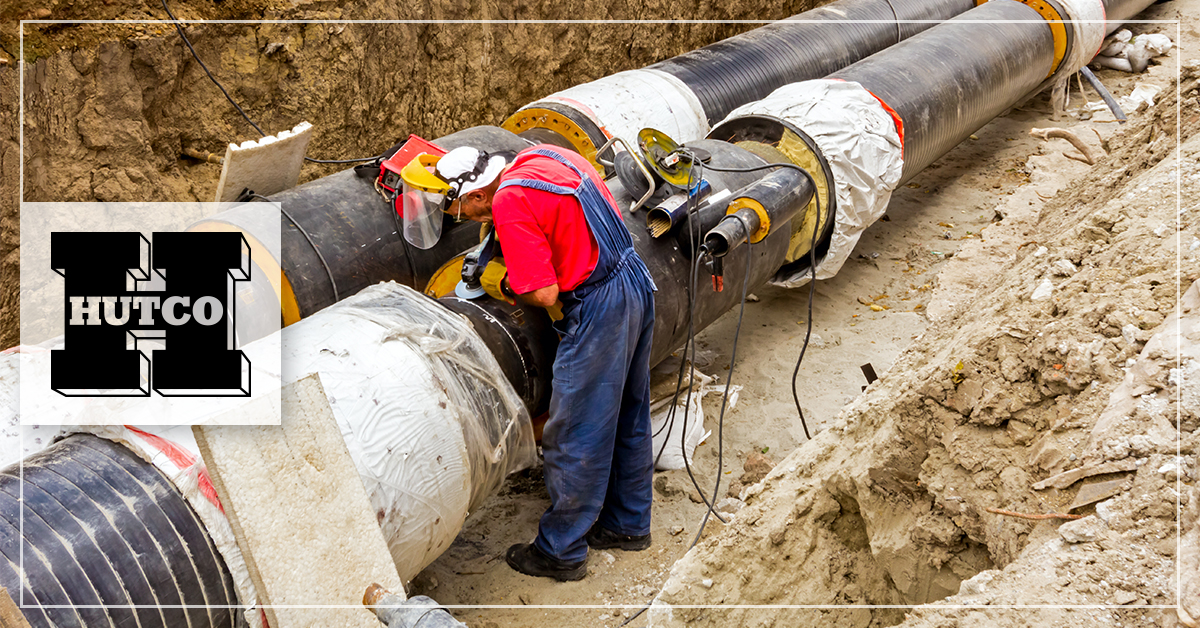
What is a pipe fitter and is it a job you’re interested in pursuing? Essentially, this role is responsible for installing and fixing the piping used for heating and cooling systems or other various purposes, like the marine industry. Some pipefitters may specialize in certain types of projects, or they may be more general. If you’re considering a career path now, want to work with your hands, and join an exciting industry like shipbuilding, pipefitting may be a suitable choice. Here are just a few things you should know.
Educate yourself on pipefitting.
Start by researching the field to determine if it is a good fit for you and if you’re a good fit for it. You may even want to reach out to local professionals to see if you might be able to shadow a pipefitter for a day. This can give you a real look at what the job entails day to day rather than just information from websites or books. It is also important that you consider the safety aspects of the job as well so you can be prepared for all possibilities in the future.
Enroll in a pipefitting program.
The next step is to begin taking classes to learn the processes of pipe fitting. Look into your local community colleges or tech schools to see who offers a certification program to become a pipefitter. Programs are usually a year or less and will focus heavily on math, blueprint reading, and welding. As you hone your skills in the classroom, you’ll be able to take them to job sites once you’re certified.
Become an apprentice.
After receiving your certification, you need to work with another professional in an apprenticeship program. These are usually 4 to 5 years while you work with a licensed pipefitter to ensure your skills are on par with the professional requirements of the industry. There are a few specific requirements to starting an apprenticeship program, such as being 18 years of age and being able to pass a drug test.
Get licensed.
Finally, once you’ve completed your certification and apprenticeship, you can become a licensed professional pipefitter. Licensing varies from state to state, so be sure to do your own homework on the processes necessary to become a licensed pipefitter. For instance, there may even be tiers of licensing such as apprentice, journeyman, or master. But once you have the license you can focus on advancing your pipe fitting career in the marine industry.
Work with a leader in shipyard staffing.
Are you looking for an opportunity as a pipefitter? Contact the recruiting team at Hutco today to learn more.

